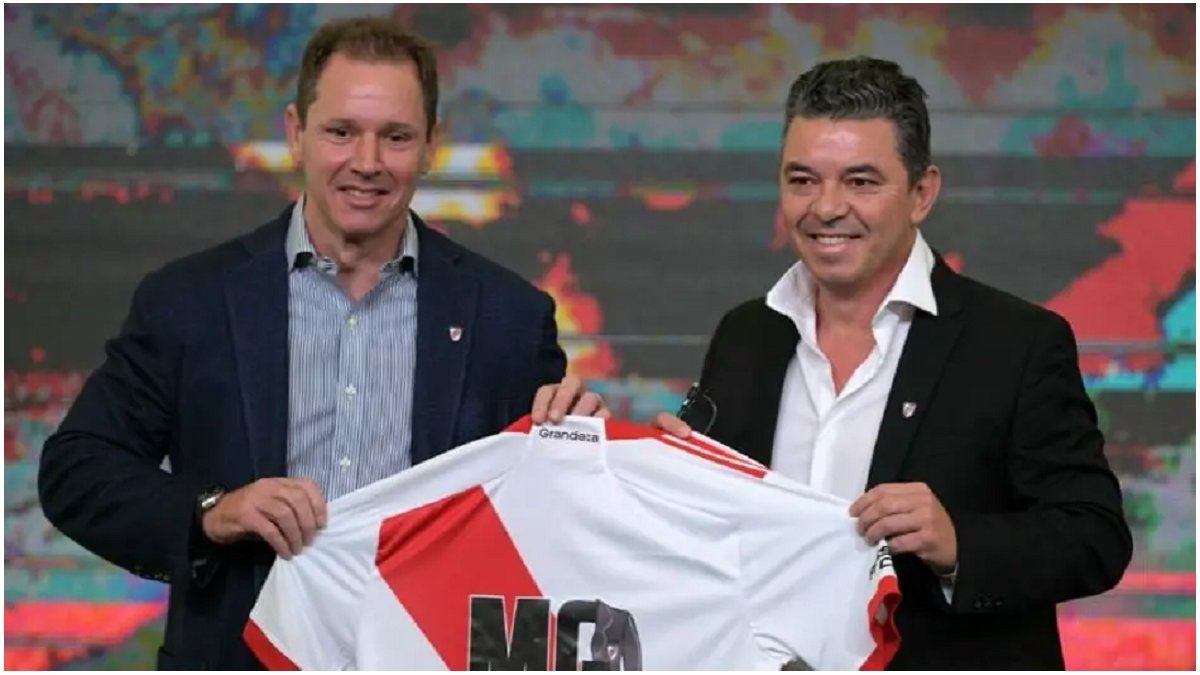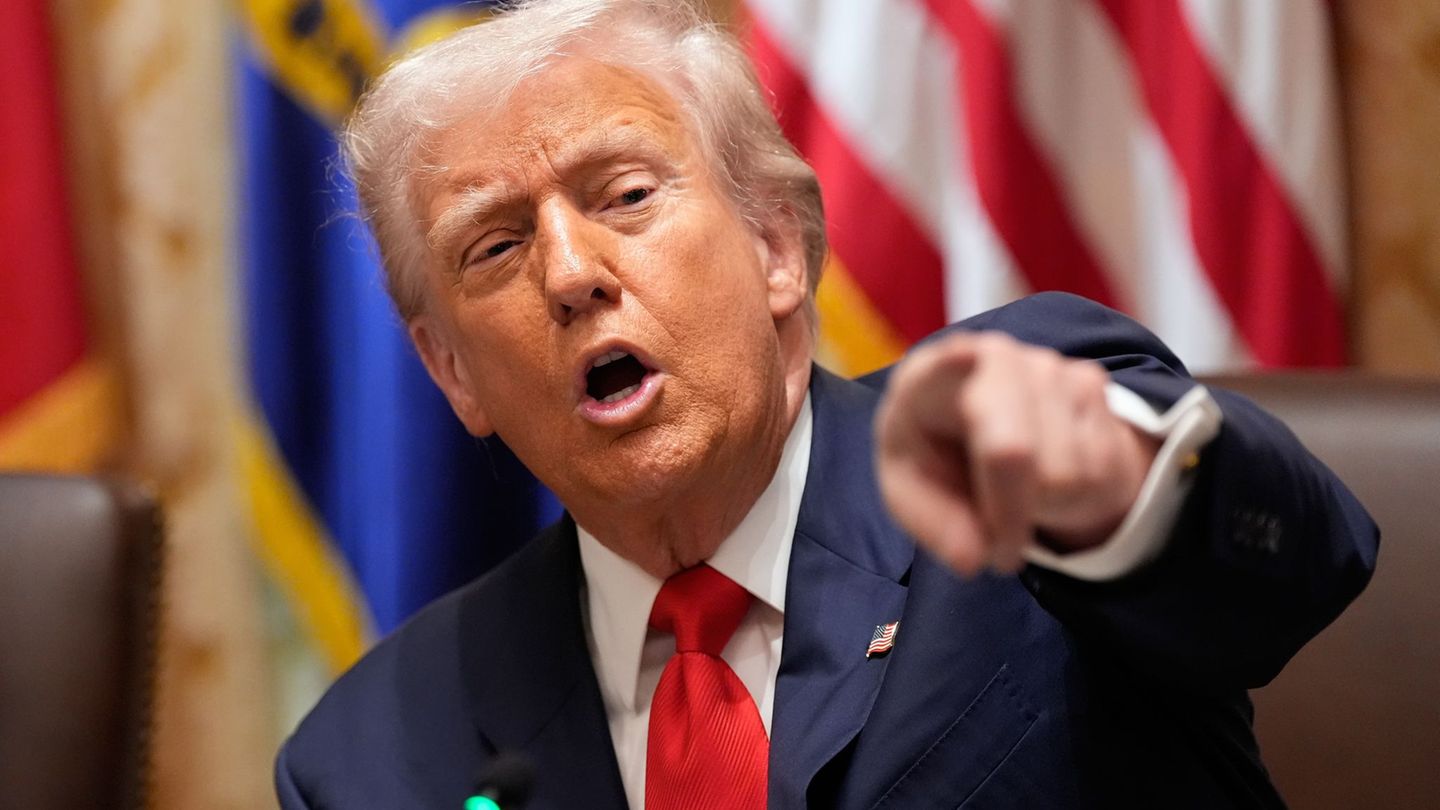The FDP defense politician sees leverage to get the so-called procurement system for the Bundeswehr moving. The separation between administration and military may also have to be examined.
The Chairwoman of the Defense Committee in the Bundestag, Marie-Agnes Strack-Zimmermann (FDP), sees several starting points for faster procurement of equipment and weapons for the Bundeswehr. “A turning point must also apply to procurement. It could be examined whether the separation of Bundeswehr administration and troops currently prescribed by the Basic Law could be abandoned in order to make coexistence better together,” said Strack-Zimmermann of the German Press Agency in Berlin. She described the procurement system of the Bundeswehr as a “complicated conglomerate of institutions, processes and rules”.
In response to the Russian war of aggression against Ukraine, the Bundestag had decided on a special fund of 100 billion euros for equipping the long-neglected Bundeswehr. The fact that the options for action were not used last year has been clearly criticized by the Bundestag and the armaments industry. The sluggish start is also proof that money alone is not enough.
“In Germany we have to learn to think strategically about procurement. For me, this includes three factors: strengthening European resilience, increasing compatibility with our partners and having the courage to go for 80 percent solutions,” said Strack-Zimmermann. The most important point, however, remains the will of everyone involved, from the minister to the clerk, to make the right material available to the troops more quickly. Then results in “LNG speed” would also be possible in the Bundeswehr, said Strack-Zimmermann, who was referring to the acceleration in construction at the gas terminals.
Help for Ukraine
Germany must provide Ukraine with further armaments aid and at the same time strengthen the Bundeswehr so that it can do what NATO has promised in the event of an alliance, she said. She believes that Boris Pistorius (SPD) is the right defense minister for this task. She had already met him as a representative of the Federal Council at the NATO Parliamentary Assembly.
“He is on the subject and doesn’t start from scratch. For ten years he was Lower Saxony’s police officer as Interior Minister. There are certainly parallels to soldiers, she said. “In this context, he has always maintained contact with the American authorities, for example with the FBI.” If he does it right “and of course has that little bit of luck that you need”, then something could be achieved for the Bundeswehr together with the traffic light coalition in parliament. They have pledged their support to Pistorius: “I I told him that when it comes to modernizing the Bundeswehr, he can rely on the Free Democrats.”
She also has hopes in the new General Inspector Carsten Breuer. “He too must work miracles,” she said. “At Corona he showed that he has mastered logistics and organization and that he has access to the Chancellor. That’s not the worst thing either. I hope the Chancellor’s advisors listen more to the Inspector General’s military expertise than he does to them supposed expertise of the chancellor’s advisors.”
Strack-Zimmermann, who had fought at the fore in Germany for larger arms deliveries to the Ukraine, was at odds with the Chancellery several times on the issue. There, too, she sees failures in reordering weapon systems that were handed over to Ukraine. Strack-Zimmermann: “Why it wasn’t immediately reordered. The eye of the needle must have been in the Chancellery.”
Staying on Ukraine’s side now means continuing to deliver military material – including anti-aircraft systems, self-propelled howitzers and Gepard anti-aircraft tanks – in addition to humanitarian and economic aid. “But above all, it needs ammunition, ammunition, ammunition. What we are supplying to the Ukrainians is extremely effective and has saved many lives,” she said.
Strack-Zimmermann confirmed her skepticism about the delivery of combat aircraft to Ukraine. “A tank has a certain range according to its task. With the Leopard 2, we’re talking about 5,000 meters. This pushes back Russian positions from occupied eastern Ukraine, but doesn’t reach Russian territory,” she said. “The radius of action of a combat aircraft is completely different and is on average 1200 kilometers. That is a different order of magnitude than that of tanks. The rockets and bombs can therefore easily reach targets in Russia.” In addition, the training is more complicated. She said: “A wrong move can have far-reaching consequences. That’s why I don’t see German fighter jets over Ukraine.”
Source: Stern
I have been working in the news industry for over 6 years, first as a reporter and now as an editor. I have covered politics extensively, and my work has appeared in major newspapers and online news outlets around the world. In addition to my writing, I also contribute regularly to 24 Hours World.




